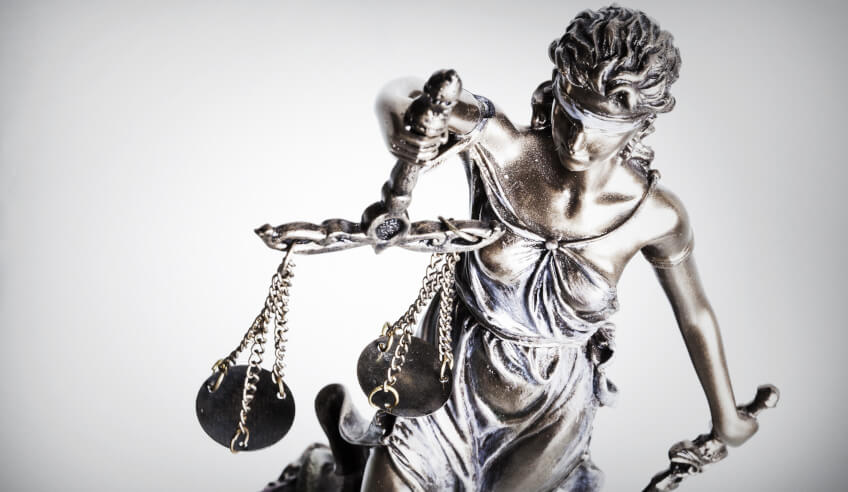As legal language continues to be misused in parliamentary circles following the allegations against Attorney-General Christian Porter, the NSW Bar has offered some clarity to address the public’s understanding and confidence in the system.

Since Christian Porter strenuously denied rape allegations almost a fortnight ago, the language used in both his statement and in responses from other senior members of Parliament on his behalf has been “regrettable” and particularly concerning given the commentary was started by Australia’s chief legal officer.
“The rule of law requires a separation of powers between the legislature, executive and judiciary, which allows for checks and balances between those heads of power,” Mr McHugh said.
“The criminal justice system is one aspect of the way in which the rule of law operates. In a criminal trial, the prosecution bears an onus to prove, beyond reasonable doubt, that a person is guilty of a charged offence. An accused is never required to prove their innocence or disprove certain events.”
He added that civil proceedings can occur outside the criminal process and usually after the criminal process is exhausted, such as where there has been a conviction or acquittal. It can also begin when criminal processes have not been engaged, where no charges have been laid. Mr McHugh said they may also be in public or private domains and they too do not require onus of proof from the accused.
“In disciplinary processes, it is for the body asserting a lack of propriety or fitness to make its case, on a lesser onus than the criminal standard of proof, but with regard to the seriousness of any allegations raised,” Mr McHugh said. “Executive inquiries may also be ordered with specific terms of reference setting out a scope of inquiry.
“Each of these criminal and civil processes involves the ordinary and lawful use of state authority and comprises an aspect of the rule of law.”
Shortly after the press conference, Marque Lawyers managing director Michael Bradley said there was nothing unconventional or remarkable about the idea of conducting an inquiry: “It’s something that happens every day of the week with people in positions of responsibility and power when they’re facing allegations of misconduct.”
